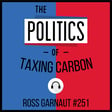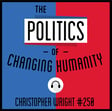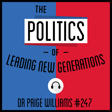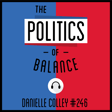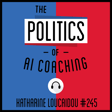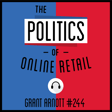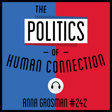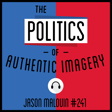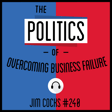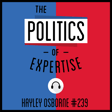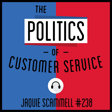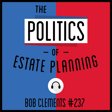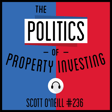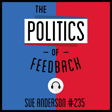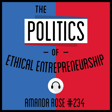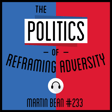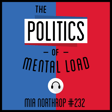
231: The Politics of Positive Psychology - Alison Gault
In this episode we delve into positive psychology. Alison Gault is a qualified Positive Psychology coach, Wellbeing strategist, and Speaker. Alison specializes in helping busy, professional women to build a life full of happiness, energy and freedom by tapping into the power of positive psychology. Having worked with hundreds of busy professionals around the world, she understands the unique challenges that women face as they navigate the very real juggle of everyday life. Alison knows how easy it is to get busy and move personal well-being to the bottom of the list. So, she has made it her mission to make the science of positive psychology simple, practical, and accessible so that even the most time-poor woman can prioritize her wellbeing and live her greatest, thriving life.
Tune in to hear from Alison on:
1. What is positive psychology?
2. Why do you focus more on working with women in your practice?
3. Has the notion of well-being become more of a cliché and buzzword as we tend to elevate what that means as leaders, parents, colleagues, partners, and friends in 2024? Your take, please!
4. Being time-poor seems like a modern choice – we pack our lives with activities and more work but how can we better become more focused on what matters most and remain more attuned to that in a more ongoing way?
5. I recently became aware of the term “little treats” culture as a way we can infuse a sense of joy into the day-to-day – also known as the “lipstick effect”. Is that useful or just a way to temporarily make us happier and more content?
6. Takeaway: What is your final message for us on The Politics of Positive Psychology?
Connect further:
POE listener offer:
Zencastr is my podcast platform of choice. Use my special link (zen.ai/thepoliticsofeverything30 [http://zen.ai/thepoliticsofeverything30]) and use code "THEPOLITICSOFEVERYTHING" to save 30% off your first three months of Zencastr professional. #madeonzencastr
